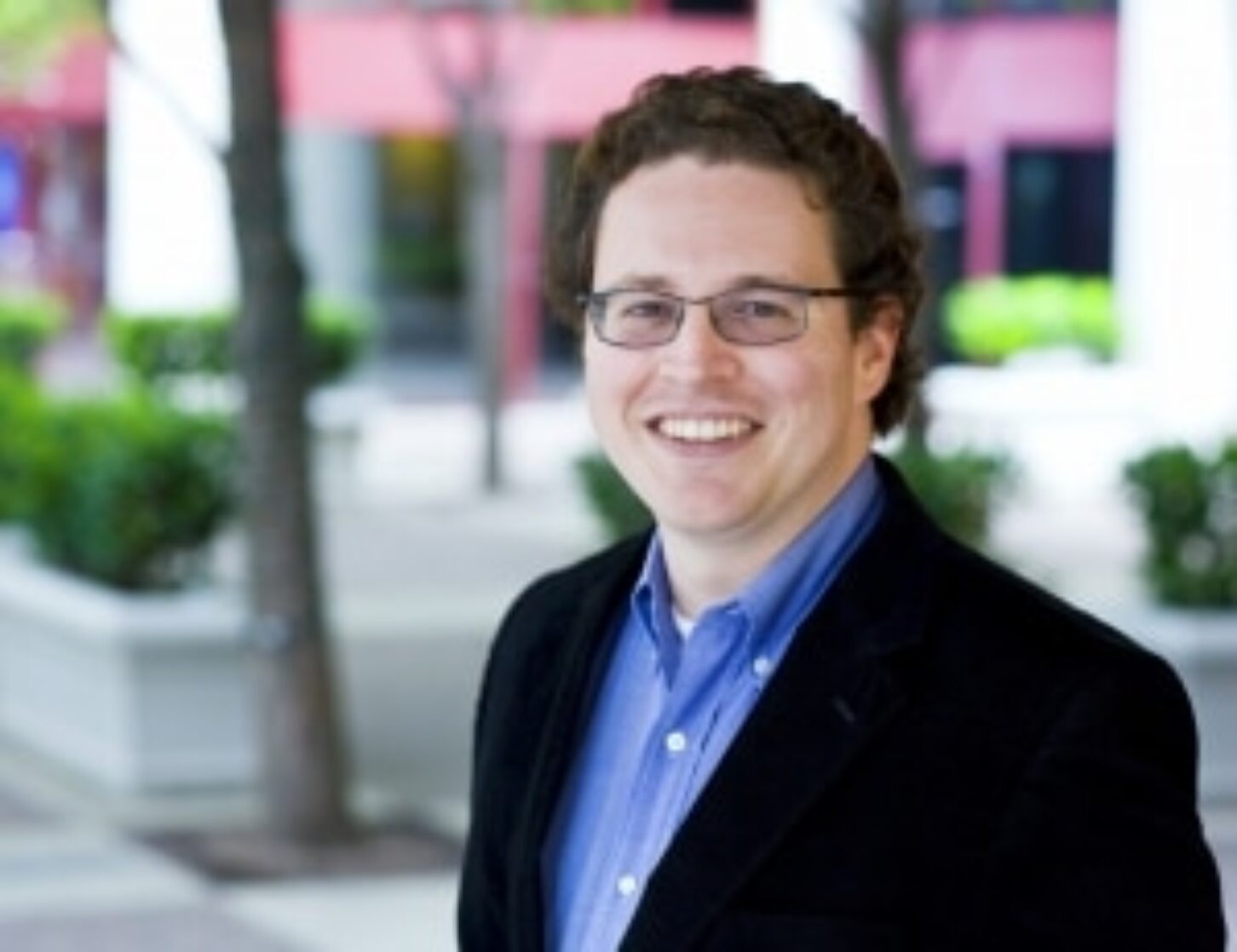
By Eric Wearne
Harvard University Professor Clayton M. Christensen argues in his book Disrupting Class and elsewhere that the best and most long-lasting changes in any market tend to come from new entrants, rather than established players.
Christensen argues that, in any field, new entrants gain a foothold into the market by taking on simple or unwanted tasks, often providing them at lower quality than existing players. Then, after a time, quality, accessibility, and/or convenience increase, providing the new entrants an advantage and changing the market as a whole.
Christensen’s idea is currently being put to the test in online education, and two organizations are poised to represent major changes in the way we deliver education. One is an established government education agency, and one a brand new startup, funded with venture capital. Both are attempting to overhaul K-12 and higher education, rather than tinkering with minor changes.
The Florida Virtual School (FLVS), created and run by the Florida Department of Education, is a national leader in providing students access to online education. Last year it served more than 122,000 students. Every Florida student can choose to opt out of several middle and high school courses and take FLVS online courses instead, and there are no legal limits on how many courses a student can take for credit.
This year the Georgia General Assembly took some steps in the same direction, passing Senate Bill 289 which is intended to increase access to online learning for Georgia high school students starting with the fall 2014 freshman class, and House Bill 175 which sets up a statewide clearinghouse of online courses offered by school systems and charter schools. Still, in practice the Florida Virtual School remains fairly distinct from and ahead of similar entities in other states.
But the legislature doesn’t necessarily have to lead the way, in Georgia or anywhere else. See, for example, Khan Academy and Udacity, both of which are private groups that are having a major and growing impact on U.S. education practices.

While K-12 education is a bit of a different enterprise compared to higher education, Christensen would likely argue that the same pattern of change would hold. So while Stanford and MIT and many other colleges are ramping up their online offerings to compete with one another, and college costs are spiraling ever higher (even in regards to online course offerings), their real threat may come from a total outsider.
The Minerva Project bills itself as “the first elite American University to be launched in a century.” Its goal is to become the first online Ivy League-level university. Like traditional Ivies, Minerva will have a global student body starting in 2014. But from there, the concept deviates quite a bit from tradition. A Techcrunch profile describes some of Minerva’s plans, funded in part by a recent $25 million investment from Benchmark Capital:
“[Minerva founder and CEO Ben] Nelson says that he envisions it like this: Just like traditional institutions, Minerva will be a four-year university, with two semesters, and four classes per semester. But, for the first year, Minerva students will live in their home countries, learning the core curriculum, so that by their sophomore year, in spite of language differences, all the students will have the same basics.
“Then, from the start of their sophomore year through graduation, students will be encouraged to live in a new country (or at the very least, a new city) every semester. In this way, Minerva wants its education to be informed by experience and by the resources available online: ‘We’re not going to offer a single foreign language class, but if you’re not trilingual by the end of your four years, you won’t graduate,’ Nelson says.”

On a physical presence, Nelson also said that Minerva “…very definitely will have as many campuses as students require. Much of that obviously depends on demand, if the school’s student body has a bunch of kids from Germany, they might establish a campus in Berlin. Much of that will be determined by the students themselves, who will be encouraged to live together as they move through their four years, but won’t be living in dorms, at least not in the traditional sense.
And speaking of those students, Minerva is designing its admissions project so that it does not consider factors such as lineage, athletic ability, state or country of origin, or capacity to donate. So, don’t expect Minerva to have classes that demonstrate ‘perfectly curated’ diversity, don’t expect it to have an NCAA Championship-winning football team, and don’t expect to find any classmates who are there because their parents donated a new building. It’s all based on intellectual ability. If you have a big brain, are creative, curious, and willing to work hard, you just may make the cut.” Nelson’s roots are in technology. He is former CEO at Snapfish, the global photo-sharing business.
As far as teaching, the plan is that Minerva’s courses will consist of 10-25 students, live and online, and the university “be looking to hire Ph.D. graduates whose strength is in teaching — not in research.” Besides the $25 million investment, Minerva has also announced that former Harvard President and U.S. Treasury Secretary Larry Summers will chair its advisory board.
Florida Virtual School enrollment continues to grow and it is very publicly supported by former Governor Jeb Bush. Both Florida Virtual and the Minerva Project have high-level backing and represent potentially major changes to the way we organize K-12 and higher education, respectively. FLVS looks to be a pretty unique change from an established education player, while Minerva is a completely independent outsider. Neither is trying to simply tinker with reforms. They are all about changing how the game is played.
(Eric Wearne is a Georgia Public Policy Foundation Senior Fellow and Assistant Professor at the Georgia Gwinnett College School of Education. Previously he served the Georgia Governor’s Office as deputy director at the Office of Student Achievement.)

